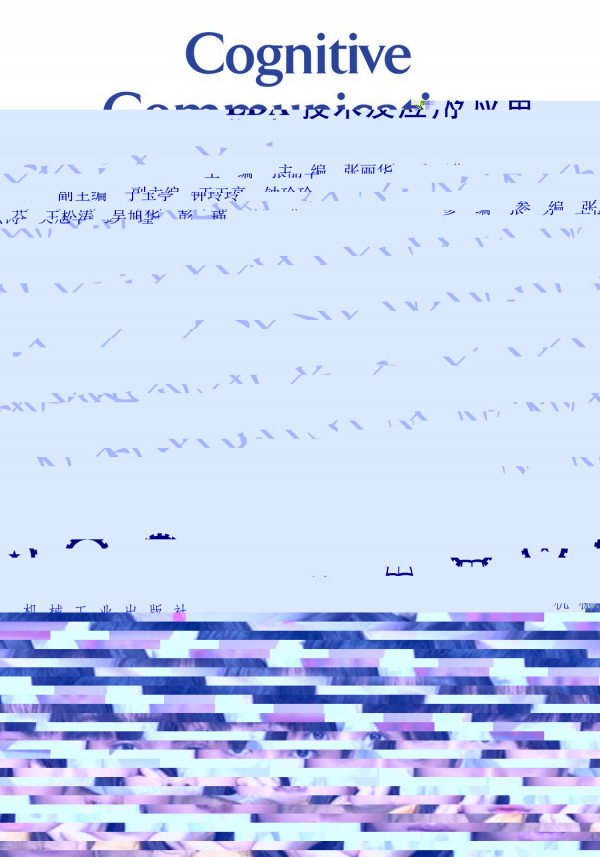

Most ebook files are in PDF format, so you can easily read them using various software such as Foxit Reader or directly on the Google Chrome browser.
Some ebook files are released by publishers in other formats such as .awz, .mobi, .epub, .fb2, etc. You may need to install specific software to read these formats on mobile/PC, such as Calibre.
Please read the tutorial at this link: https://ebookbell.com/faq
We offer FREE conversion to the popular formats you request; however, this may take some time. Therefore, right after payment, please email us, and we will try to provide the service as quickly as possible.
For some exceptional file formats or broken links (if any), please refrain from opening any disputes. Instead, email us first, and we will try to assist within a maximum of 6 hours.
EbookBell Team

5.0
98 reviewsThe third edition of Cognitive Communication Disorders remains a vital resource for graduate courses that address cognitively based communication disorders. Students, instructors, and clinicians will benefit from the text's comprehensive discussion of cognitive processes and deficits, including attention, memory, executive functions, right hemisphere brain damage, dementia, combat-related mild traumatic brain injury, and traumatic brain injury and the impact that deficits in these cognitive domains may have on language and communication.
New to the Third EditionThrough contributions from a renowned group of contributors, this text provides a comprehensive review of theoretical and applied research on cognitive communication disorders. The renowned contributors include Margaret Lehman Blake, Carole R. Roth, Fofi Constantinidou, Heather Dial, Maya Henry, Jessica Brown, Kathryn Hardin, Nidhi Mahendra, Mary H. Purdy, Sarah E. Wallace, and Sarah N. Villard.